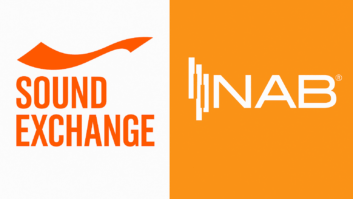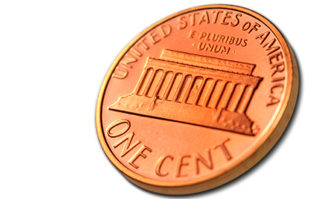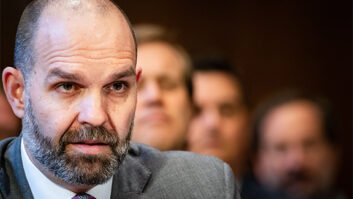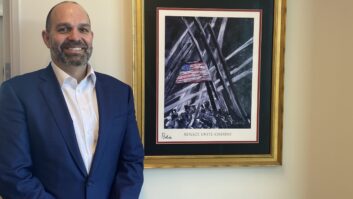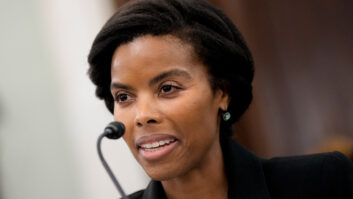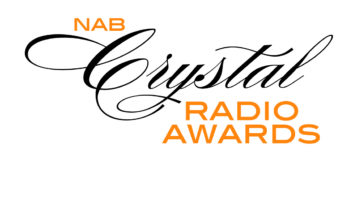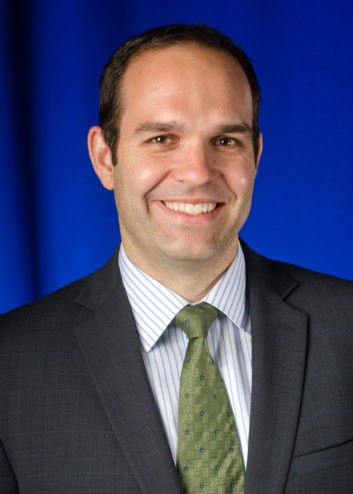
A music performance fee would not only be “unjustified as a matter of policy,” but is “financially untenable for local radio broadcasters of all sizes.”
That’s the message from National Association of Broadcasters Chief Operating Officer Curtis LeGeyt testifying at a Senate Judiciary IP Subcommittee staff briefing. The topic was music rights within the Digital Millennium Copyright Act, or DMCA.
LeGeyt reiterated several arguments that broadcasters have cited for years in this debate, and brought them up to date to include ramifications of the pandemic.
“Without reliance on subscription fees like our streaming and satellite competitors, local radio is supported by advertising alone,” LeGeyt said, according to his prepared remarks, released by NAB.
“With local businesses – including restaurants, retailers and car dealers – ravaged by this pandemic, that advertising revenue is currently on life support and further illustrates the policy interest in keeping broadcast radio’s costs down. For these reasons, Congress has repeatedly considered the recording industry’s arguments and chosen not to impose a performance royalty on free, local radio.”
LeGeyt said that radio’s place in American culture is not accidental. “It is the product of policy choices and a resulting legal framework that enable broadcast radio to remain completely free and dedicated to communities.” Among those, he said, is the DMCA. That copyright law, he said, may be in need of review, but “its music licensing reforms are an incredible success story.”
LeGeyt said the DMCA “enabled the growth of lawful music streaming to the benefit of recording artists whose revenues hit record highs in 2019, all while preserving a free and local broadcast radio model that continues to benefit those same performers and serve the public interest.”
He thanked lawmakers who have expressed support for the Local Radio Freedom Act, which opposes performance fees for broadcast radio.
“The recording industry is also well aware that NAB stands ready to continue discussions around alternative music licensing frameworks that could increase total royalties to performing artists while allowing broadcasters to expand our own streaming footprint,” LeGeyt also said. “However, any piecemeal terrestrial performance royalty unilaterally imposed on local radio stations is not justified as a matter of copyright policy and will further stress the economics of the current free and local broadcast model.”

